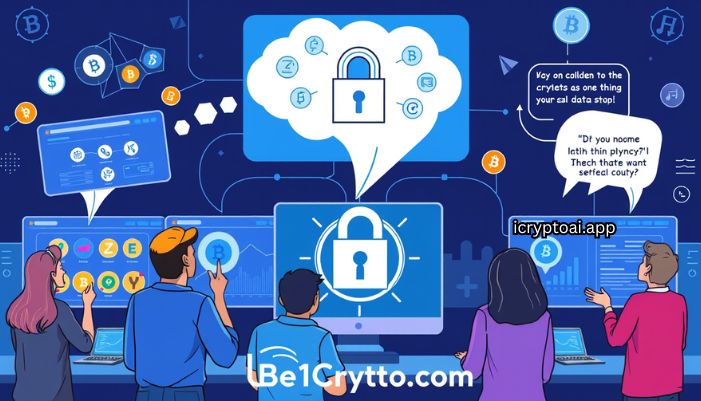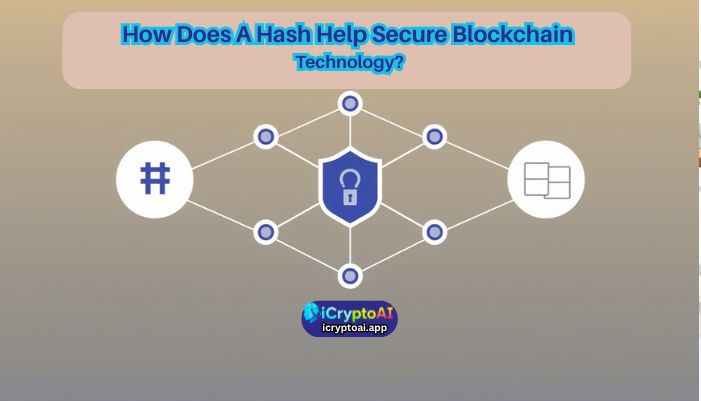Blockchain is changing how we store and share digital data. It offers a system where everyone can see the records, but no one controls them. That’s great for trust and security. But it also leads to a big question:
If blockchain is open for everyone to see, how do people keep their identities private? In this post, we’ll explain how blockchain protects users. We’ll use easy words, simple ideas, and short sentences to help everyone understand.
|
since blockchain technology is public, how are the identities of users protected? |
|
What Does It Mean That Blockchain Is “Public”?
Before we talk about privacy, let’s understand what we mean by a public blockchain:
- Everyone can see the data on it.
- All transactions are recorded and shared.
- Anyone can look at the history of any wallet.
It might sound like a privacy nightmare. But don’t worry — your personal info is not shared with the whole world.
Let’s see how that works.

How Blockchain Protects Your Identity
1. Wallet Addresses Hide Your Name
On blockchain, you don’t use your name or email to send money. You use something called a wallet address. It looks like a long string of letters and numbers, like:
1A1zP1eP5QGefi2DMPTfTL5SLmv7DivfNa
This address doesn’t say who you are. That’s called pseudonymity. It hides your name but still lets people send and receive payments.
You can think of it like using a nickname online.
Key Benefits:
- No real name is shown
- You can use many different addresses
- Only you control who knows your address
2. Private Keys Keep You Safe
Every wallet has two keys:
- A public key, which people can see
- A private key, which only you should know
Your private key lets you sign transactions. That proves you’re the owner of the wallet, without showing your name. If you keep your private key safe, your identity stays private.
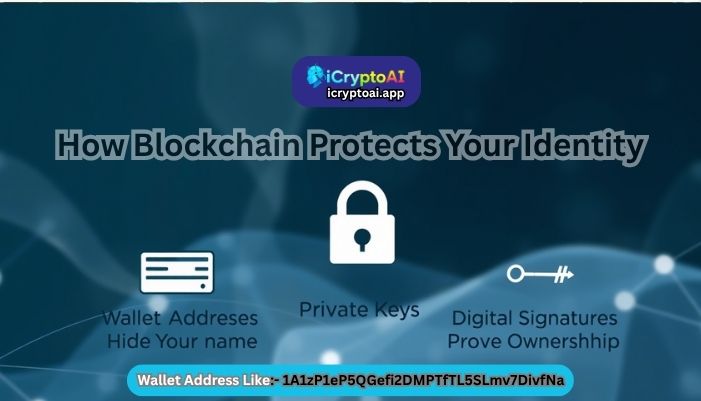
3. Digital Signatures Prove Ownership
When you make a transaction, the system uses your private key to create a digital signature. This shows the network that the transaction is real — and it was made by you.
But again, it doesn’t show your name, location, or other personal details.
This keeps things secure and private at the same time.
Advanced Tools That Add Even More Privacy
For people who want extra privacy, there are special blockchains and tools that hide even more details.
1. Monero (XMR)
Monero is built for privacy. It uses:
- Ring signatures to hide the sender
- Stealth addresses to hide the receiver
- Hidden amounts in every transaction
That means no one can track who sent what — or to whom.
How Does a Hash Help Secure Blockchain Technology?
2. Zcash (ZEC)
Zcash lets users choose between normal and private transactions. It uses something called zero-knowledge proofs, which let you show that a transaction is valid without sharing any details.
You can prove you paid someone without saying who, how much, or when.
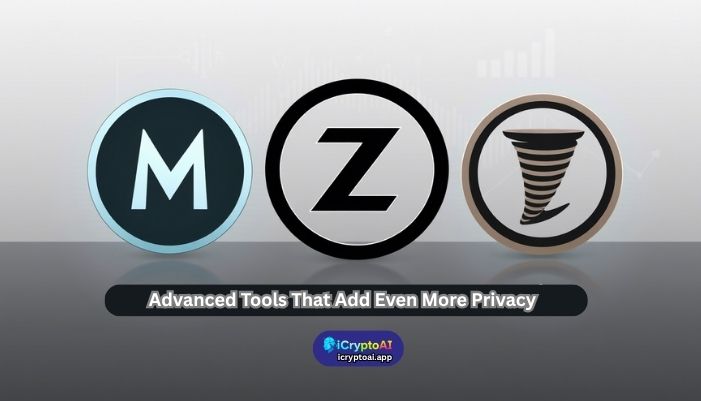
3. Coin Mixing and Tornado Cash
Some tools, like CoinJoin and Tornado Cash, mix many users’ coins together. This makes it very hard to tell who sent what.
These tools are often used on blockchains like Bitcoin and Ethereum, which aren’t private by default.
Can Someone Still Trace You?
Yes, sometimes. Even if your name is hidden, there are ways people can try to find out who you are:
- If you use your wallet on an exchange that knows your real name (like Binance or Coinbase)
- If you post your address online
- If your device IP address is tracked
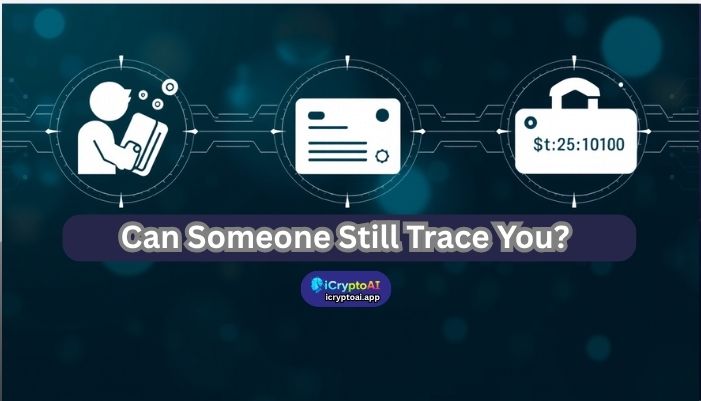
Also, there are companies like Chainalysis that help governments and banks trace transactions.
So, blockchain is private — but not totally anonymous.
Why Is Privacy Important in Blockchain?
Here are a few reasons why keeping your identity safe on the blockchain matters:
1. Protection from Scams and Theft
If someone knows how much crypto you have, they might try to scam you. Privacy tools help keep your holdings secret.
2. Freedom to Use Your Money
You should be able to spend and send your money without being watched. Privacy supports personal freedom and financial safety.
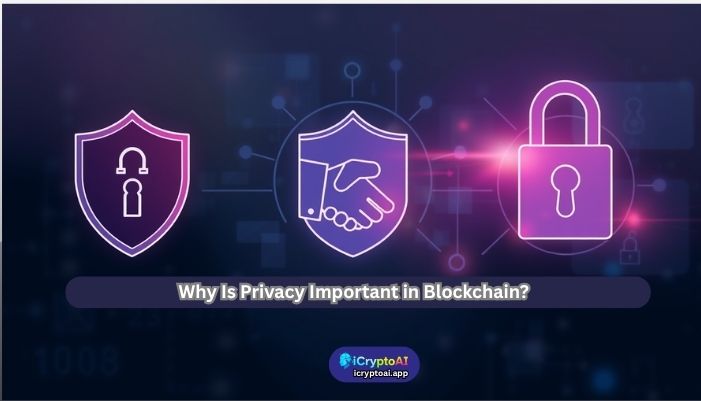
3. Better Security
When you share less personal data, there’s less risk of identity theft or hacking.
Tips to Stay Private on Blockchain
Want to keep your identity more private? Try these steps:
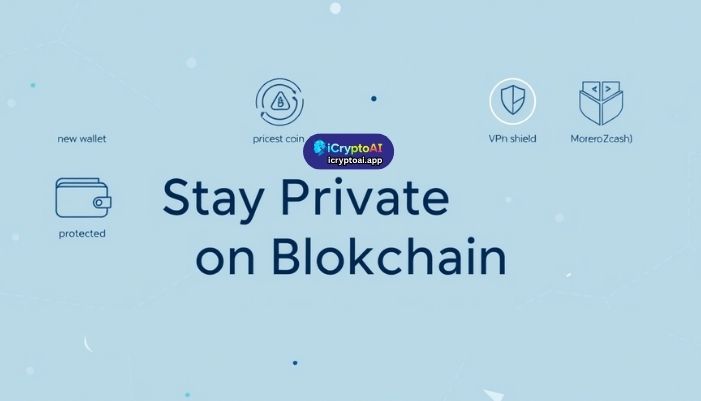
- Use a new wallet for each transaction.
- Don’t share your wallet address online.
- Use privacy coins like Monero or Zcash.
- Avoid linking your wallet to an exchange with KYC (Know Your Customer).
- Use a VPN to hide your IP address.
Conclusion
So, how are user identities protected on public blockchains?
Through:
- Wallet addresses (pseudonymity)
- Private and public key encryption
- Digital signatures
- Special tools like Monero, Zcash, and mixers
Blockchain is transparent, but it still protects your name, location, and personal data. It gives you power over your own privacy — as long as you use it wisely. As blockchain grows, so do the tools that help you stay safe and private.


